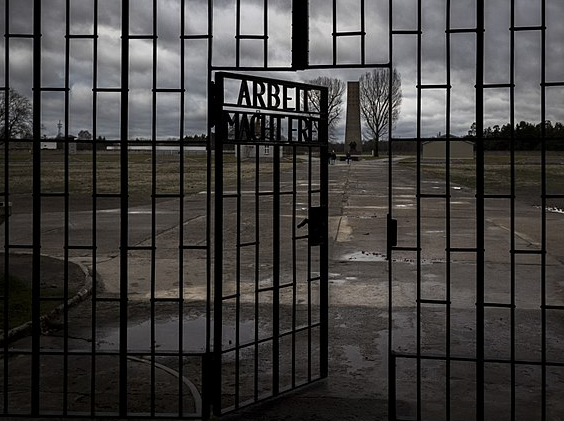Diane Ravitch Wants Philanthropy to Support Rebirth of Public Schools
Philanthropy aimed at K-12 education in the U.S. has ramped up in the past few decades and remains complex and controversial. Funders back diverse causes like delivering new learning technologies, establishing charter schools and backing professional development for public school teachers, among many others. Along with local and regional funders, major philanthropies like the Bill and Melinda Gates, Broad and Walton Family Foundations direct hundreds of millions to education annually.
Diane Ravitch says these funders should prioritize helping under-resourced American learning institutions and families by supporting traditional public schools and their teachers, and addressing income inequality. She discussed these topics as well as funding for girls and the pitfalls of charter schools with Philanthropy Women. Ravitch is an education author and historian and a former U.S. Assistant Secretary of Education. She is currently a research professor of Education at New York University and president of the Network for Public Education, which she founded.
Ravitch on Addressing American Inequality
“Our society is reaching a very dangerous moment because of the vast increase in income inequality and wealth inequality… The richest are getting very rich, while many in the middle class are one paycheck removed from poverty,” Ravitch says. She thinks a higher minimum wage and greater investments in public schools, teachers’ salaries and public health services are necessary.
Some of the related philanthropic causes she believes in are reducing class size, protecting student privacy, women’s reproductive health and rights, civil liberties and social justice. Ravitch has also previously upheld universal PreK as a way to “make school a stronger equalizer than it is today.” She mentions the Network for Public Education, Class Size Matters, Parents Coalition for Student Privacy, Planned Parenthood, American Civil Liberties Union, People for the American Way, Southern Poverty Law Center and Education Law Center as organizations working in some of the fields she cares most about.
How Can Women Donors Fund Girls’ Education?
Ravitch shares some thoughts and advice specific to women donors and CONTINUE READING: Diane Ravitch Wants Philanthropy to Support Rebirth of Public Schools - Philanthropy Women

Big Education Ape: Pre-Order Diane's New Book - Slaying Goliath - Network For Public Education - https://bigeducationape.blogspot.com/2019/06/pre-order-dianes-new-book-slaying.html











